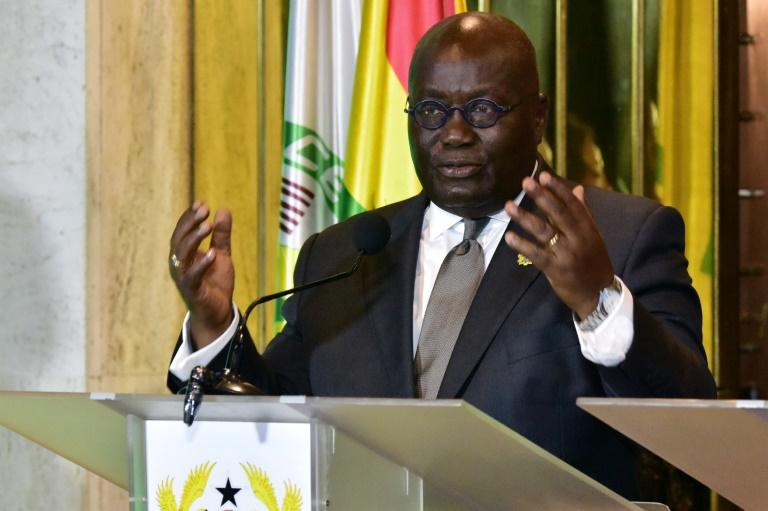At the beginning of last week, the Central Bank of Nigeria (CBN) released its Purchasing Managers’ Index (PMI) report for the month of April, showing sustained improvement in manufacturing and non-manufacturing activities during the month. Specifically, both manufacturing and non-manufacturing PMIs expanded to 56.9 and 57.5 respectively, an indication of strengthening business optimism.
The latest data suggests that output growth maintained a positive trajectory in the second quarter of the year, hence the likelihood of positive corporate performance in the three months to June.
CBN also on Thursday announced the execution of a bilateral currency swap agreement with the Peoples Bank of China (PBoC). The transaction, which is valued at CNY16 billion, or the equivalent of about USD2.5 billion, is aimed at providing adequate local currency liquidity to Nigerian and Chinese industrialists, and other businesses, thereby reducing the difficulties encountered in the search for third currencies. We expect the currency swap to facilitate trade and capital flows between the two major trading partners (China is Nigeria’s largest import market), with the added effect of a reduction in currency volatility risk of a third currency.
On the performance of equities at the capital market, return on the domestic bourse turned negative in the holiday-shortened week, albeit marginally, as Thursday’s loss of 0.48% muted the accumulated gains (0.42%) of the three other sessions.
As a result, the benchmark index closed lower by 6 bps to 41,107.81 points, while the Month-to-Date and Year-to-Date returns stood at -0.06% and +7.49% respectively. Volume and value of trades dropped this week by 19.90% and 14.68%, respectively. The Consumer Goods (-1.89%), Oil & Gas (-1.42%), and Insurance (-1.12%) indices closed lower, while the Banking (+1.56%) and Industrial Goods (+1.06%) indices advanced.
On Fixed Income and Money Market, the overnight lending rate shed 9 bps w/w to 3.33%, against last week’s close of 3.42%. Despite significant outflows from (1) OMO sales (NGN600.00 billion), (2) FX sales (USD210 million), and (3) treasury bills auction (NGN190.84 billion), system liquidity remained healthy throughout the week. Inflows include matured OMO bills (NGN186.68 billion) and (2) matured treasury bills (NGN95.42 billion).
Besides, expected inflows of NGN226.68 billion from OMO bill maturities are expected to support liquidity in the coming week, leading to further moderation in the overnight money market rate.
Within the Treasury Bills market segment, proceedings in the NTB market were mixed, albeit slightly bullish, as demand — initially spurred by surplus liquidity early in the week — was tapered by the CBN’s large liquidity mop-up on Thursday.
As a result, average yield shed 1 bp to close at 11.29%. Yield at the short (-3 bps) end contracted, benefiting from investors’ interest in the 34DTM (-83 bps) bill. Conversely, yields at the mid (+5 bps) and long (+1 bp) segments recorded expansions, following selloffs of the 118DTM (+33 bps) and 216DTM (+185 bps) bills, respectively.
Meanwhile, at this week’s primary market auction, NGN9.54 billion, NGN47.71 billion, and NGN38.17 billion of the 91-day, 182-day, and 364-day bills were allotted. The bills were 4.22x oversubscribed, with yields closing lower across the 91-day (10.00%; previously 10.90%), 182-day (10.95%; previously 12.00%), and 364-day (11.15%; previously 12.08%) bills.
Trading in the bond market was predominantly bearish due to (1) the 5 bps rate hike in the long-dated bill at the OMO auction, and (2) profit taking following last month’s rally. Week-on-week, average yield rose 21 bps, to 112.88%. There was sell pressure at all — short: +43 bps, mid: +9 bps, and long: +7 bps — ends of the curve, with the JUN-2019 (+189bps), MAR-2027 (+19 bps), and JUL-2034 (+14 bps) bonds recording the largest expansions, respectively.
Activities on the Foreign Exchange segment showed resilient as the USD/NGN traded flat at NGN362 in every session of the week in the parallel market, while it weakened marginally by 0.07% to NGN360.75 in the I&E FX window, amidst continued interventions by the CBN. USD210 million was injected into the FX market by the apex bank, allocating USD100 million to the wholesale window, and USD55 million apiece to the SMEs and invisibles segments. Meanwhile, Total turnover in the I&E FX window continued to decline, dropping 17.73% to USD782.08 million. Trades in FX forwards showed appreciation of the naira against the dollar in the 3-month (+0.09%), 6-month (+0.50%), and 1-year (+0.63%) dated forwards, while the 1-month forward dropped 0.02%.
Business Hilights observed that as increased oil prices and stable production continue to shore up the reserves and support the CBN’s interventions in the market, our outlook for the FX market remains stability.









